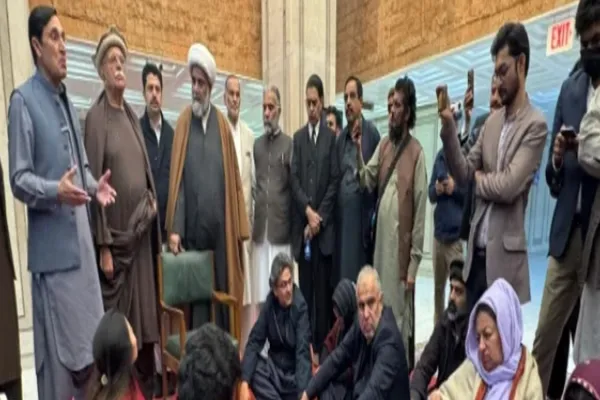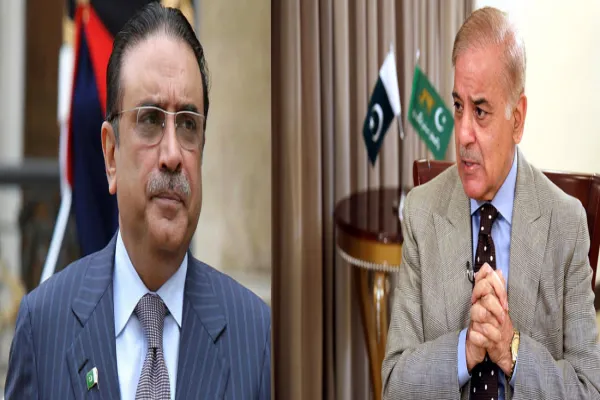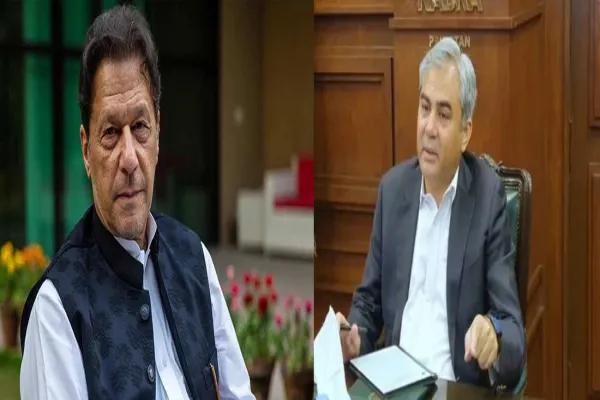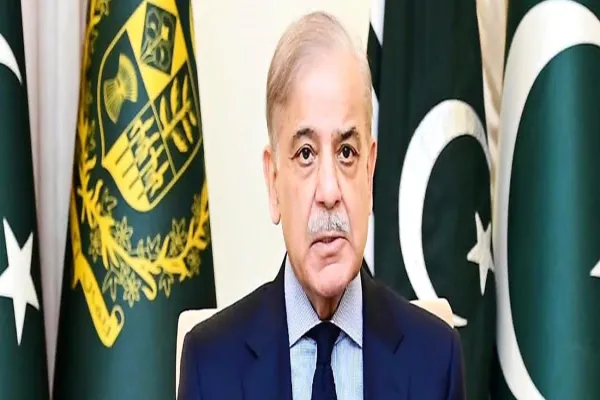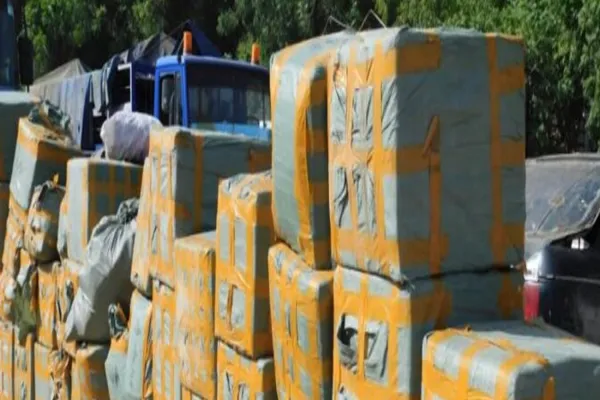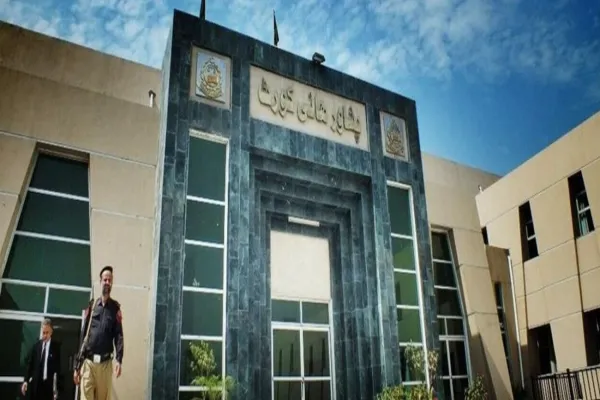i NEWS PAKISTAN
Pakistan has become the only country to convene two separate panel discussions led by senior justices focused on the critical issue of climate finance at the 29th meeting of the Conference of the Parties (COP29) to the United Nations Framework Convention on Climate Change (UNFCCC). The COP29 is currently being held at the Baku Stadium in Azerbaijan, running from November 11 to 22, 2024, and is setting the stage for the next phase of global climate action. Pakistan, which has consistently ranked among the top five countries most affected by climate change, took a bold step to highlight the role of the judiciary in shaping climate policy and finance. The panels were designed to address the urgent need for climate finance as a tool for achieving climate justice, especially for the Global South, which continues to bear the brunt of climate disasters despite contributing minimally to global emissions. The first panel, titled *“Judicial Pathways Towards Climate Justice – Judicial Approaches for Addressing Climate Change through Global Analysis,”* was moderated by Justice Mansoor Ali Shah, Supreme Court of Pakistan.
The panel featured prominent global legal voices including Senator Sherry Rehman, Chairperson of the Senate Standing Committee on Climate Change, and senior judges from Nepal, Belgium, Brazil, and Pakistan. The panel emphasized the growing gap in climate finance, with developing countries needing $4 trillion to tackle climate change impacts. Senator Rehman highlighted the critical need for scaling up climate finance, stressing that countries like Pakistan – with less than one percent of global carbon emissions – are paying the heaviest price in terms of climate-related disasters. She underscored the urgency of fulfilling financial commitments made under the Paris Agreement, particularly for adaptation and loss and damage funds. Other speakers, including Professor Luis Gabriel Franceschi of the Commonwealth Secretariat and Justice Sapana Malla of Nepal, discussed the intersection of human rights and climate rights, the failure of wealthy nations to meet financial obligations, and the need for judicial leadership in holding governments accountable for climate action.
Justice Jawad Hassan of the Lahore High Court reinforced the pioneering role of Pakistan’s judiciary in advancing climate justice, particularly through landmark judgments and legal frameworks that have prioritized the right to a clean and healthy environment. He cited Pakistan’s Constitutional framework and its proactive steps in addressing climate finance and adaptation. Justice Antonio Herman Benjamin of Brazil also spoke on the evolving role of the judiciary in shaping legal regimes for climate change, advocating for stronger international collaboration among judges to enforce climate commitments. The second panel, titled “Integrating Science into Judicial Decision Making” chaired by Justice Ayesha A. Malik of the Supreme Court of Pakistan, focused on the integration of climate science into judicial decision-making. Panelists included leading experts such as Dr. Adil Najam, Dr. Fahad Saeed, and Dr. Abid Qaiyum Suleri, who stressed the need for judicial systems to adopt and understand climate science to make informed decisions.
Credit: Independent News Pakistan




